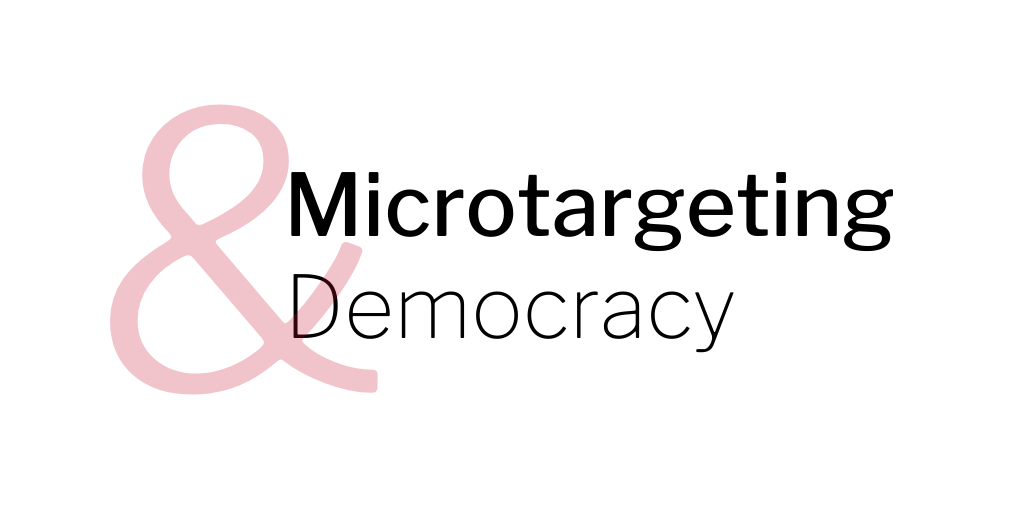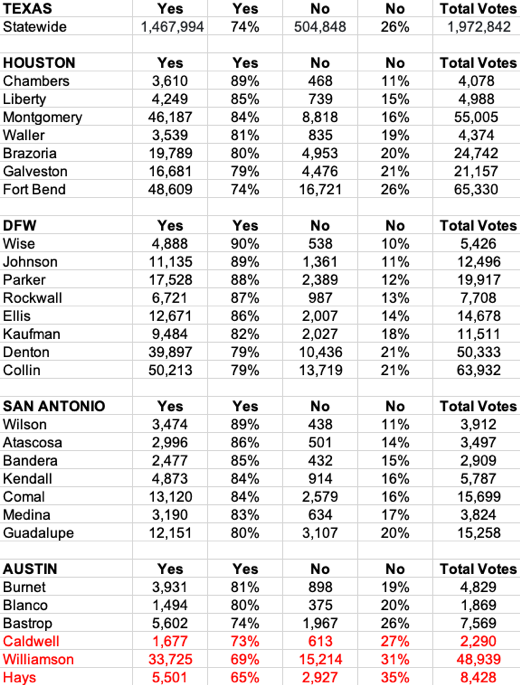Thank you for reading our newsletter. This issue features two counter-narrative pieces: an excerpt of CEO Chris Wilson’s Washington Post op-ed, defending digital microtargeted political advertising and mine showing how Republicans can hold onto the suburbs everyone is telling us we’re losing. – Michael D. Cohen, Ph.D., CSO, WPA Intelligence
Getting Rid of Microtargeting in Political Advertising is a Terrible Idea
By Chris Wilson, CEO

Jack Dorsey, chief executive of Twitter, unleashed a frenzy of commentary when he went Pontius Pilate and effectively washed his hands of the false advertising problem online by announcing his platform would no longer take political ads. But perhaps the most alarming reaction came from Federal Election Commission Chair Ellen Weintraub, who called on social media giants to “stop the practice of microtargeting” ads on their platforms.
As someone who has worked on multiple state and federal election campaigns, I found such comments from the highest campaign regulatory official in the country counterproductive and anti-democratic. Such a radical proposal would limit speech, reward millionaire candidates, protect incumbents and, worst of all, limit the newfound interest and participation in U.S. elections.
Since the adoption of individualized campaign analytics, turnout has skyrocketed. 2016 saw a 6 percent bump in turnout from 2012 — an increase of more than 8 million voters. In the 2018 midterms, 35 million more voters participated than in the 2014 midterms, and 27 million more voters than in 2010 (despite the tea party wave that year).
Unlike typical wave elections, in which one side is motivated and the other side depressed, campaigns from both parties have increased interest through direct, data-driven appeals that spoke directly to each voter. More reluctant voters, previously ignored by most campaigns, are now included in digital advertising that address them directly. Developing new ways to convince people that voting is worthwhile is the primary task of campaign sciences.
To read the full piece, click here.
Socialism in the Suburbs?
By Michael Cohen, Ph.D., Chief Strategy Officer
The narrative coming out of the off-year election is reinforcing the conventional wisdom that Trump is doomed in the suburbs. But elections are choices, so let’s play out a thought experiment based on current information. As Biden fades and many older black primary voters fail to embrace Mayor Pete, what if the Democrats nominate Iowa front-runner Elizabeth Warren, who is campaigning via hashtags on Bernie’s socialist platform, which includes #M4A, #GND, #FreeCollege, and #TwoCents? Who do these suburban voters choose in next year’s general election: someone who has cut taxes or someone who’d raise them?
Public polling released this week by none other than the New York Times (and Siena) suggests that Trump has a shot, if not the inside track, on holding the six battleground states that he won in 2016: AZ, FL, MI, NC, PA, WI. The interesting thing about this poll is that they, at least, attempted to balance the electorate to include non-college educated likely voters, which favor Trump. The baseline suggests that we haven’t moved very far, which means Trump doesn’t have to win the suburbs, or regain what Republicans lost, just narrow the spread. Oh, and Warren doesn’t win any of battlegrounds (as of today).

The cost of socialism apparently doesn’t play well in the suburbs. A couple of cents from “billionaires” won’t be able to fund the #WarrenWishList and, as it turns out, suburban voters would rather keep their hard-earned money. An example from the most recent election would be suburban Texas; while we are told that they are trending blue (not enough for Beto, of course), voters chose to ban a state income tax, and inner-ring suburban voters, were even more likely to do so.

Campaigns are not won in the abstract; generic or uncontested potential nominees haven’t faced the test of a national election. Candidates who were predicted to lose sometimes win because the right team identifies the right voters at the right time with the right message, as we do for our clients.
Should Elizabeth Warren find herself in a debate with President Trump, she’ll be confronted with the question: billionaires cannot pay for all of this so how much will suburban voters have to pay? She won’t have a plan for that question, but Trump will.
If you are interested in receiving our bi-weekly newsletter, click here.
